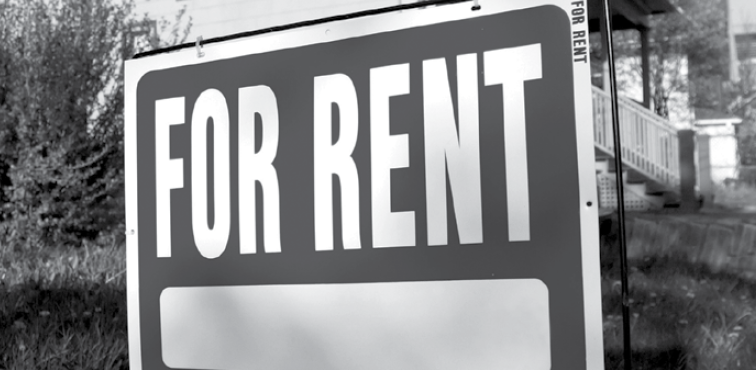I’ve owned two rental properties, one of them for over 30 years. I’ve been surprised in recent days by claims that portray landlords as concerned benefactors rather than someone looking to make money outside the waged economy.
Online you can find postings by landlords freaked out by the fact that someone in our state legislature dropped a bill to require them to give tenants 6 months’ notice of their intention to raise the rent by 3% or more—and to allow the tenant to pay up at their current rent and move out with no penalty.

Or a woman who came up from California to buy 6 rental properties in Olympia “because of the lack of regulation” and then found to her horror that the City Council listened to a proposal to allow renters to make move-in fees in installments. “If they do anything that cuts profits for landlords, the result will be prices will go up. That’s just how economics works,” she was quoted in The Olympian. Followed by the stated threat that such an option for tenants would “push landlords out of business.”
When tax time came, I learned that the government favors landlords. I saved hundreds on my taxes simply because I owned rental property.
I wonder. I offered my rentals at rates somewhat below market, so they were always occupied. I raised the rent with each new tenant but never in the middle of a lease. Rent payments covered my mortgage, property taxes, insurance and other fees, plus maintenance and repairs. Most years the rent yielded some money above that.
Yet there was more. When tax time came, I learned that the government favors landlords. I saved hundreds on my taxes simply because I owned rental property. I could deduct every expense I incurred for the properties—every outlay (and yes, I could easily attribute some expenses incurred for my own residence to the rental property). I could also deduct a “depreciation” amount tied to the purchase price of the property.
In a few of the 30 years I owned one property, I laid out some serious money for upkeep (a new roof, replacing HVAC, electrical work, new appliances etc). One year I spent $30,000. At tax time, the deduction wiped out any tax on the rental income and significantly reduced the tax I would have owed on my income from work. In addition, since the $30,000 exceeded the maximum I could deduct, I was allowed to carry it over to the next year—reducing my tax bill that year as well.
For 30 years, my income was supplemented by my renters directly, and indirectly courtesy of the US tax code. I had purchased the house for $80,000 with $16,000 down and a 30-year mortgage.
After a few years, I owned the property free and clear courtesy of the renters who had covered my mortgage and property taxes.
I sold the house for over $300,000. After real estate fees, recovered depreciation and capital gains, I came out with over $200,000. I had spent $16,000, reduced my tax bill by a few hundred dollars each year, and gotten a modest bump in my income most years. Easy money.
No renter benefited financially from their outlays. What did they get for paying the mortgage, interest, taxes, maintenance and repairs all those years? Nada. What did I get because I had $16,000 for a down payment in 1990? Hundreds of thousands of dollars. What did I risk? Almost nothing. What did my tenant risk? That if they lost their job, they could lose their home, their credit rating and a stable future.
As landlords, we get income from ownership while renters rely on jobs—often low paid—for income. If we’re all in this together, maybe we landlords can give up some income just like the workers who lost their jobs.
Mrs. Hudson was Sherlock Holmes’ landlord and a favorite of the landlord making this confession.

Be First to Comment